Guest Speaker: Focus on Fundamentals
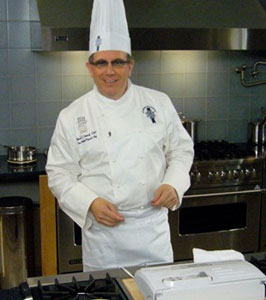 Le Cordon Bleu graduates 13,000 students a year. As this author reveals, the biggest change among U.S. schools involves teaching interpersonal skills so that successful grads know what’s going on all over the business.
Le Cordon Bleu graduates 13,000 students a year. As this author reveals, the biggest change among U.S. schools involves teaching interpersonal skills so that successful grads know what’s going on all over the business.
By Tristan Navera
Whether they be aspiring young cooks or experienced and refined restaurateurs, people involved in the profession today are finding that working in a restaurant has drastically different demands than it did five or ten years ago. To the faculty at Le Cordon Bleu, the largest international hospitality institution in the world, these changes mean formal culinary education is more helpful than ever.
Back to Basics
Culinary education has always been essential for its teaching of ground-level cooking skills, says Chef Edward Leonard, Certified Master Chef, Le Cordon Bleu vice president of culinary education and corporate chef for Le Cordon Bleu North America.

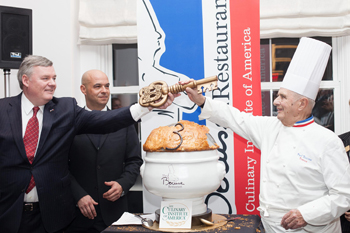 In celebration of The Bocuse Restaurant opening in February at The Culinary Institute of America, Paul Bocuse made a special trip from Lyon, France, for the star-studded inaugural dinner cooked by CIA students.
In celebration of The Bocuse Restaurant opening in February at The Culinary Institute of America, Paul Bocuse made a special trip from Lyon, France, for the star-studded inaugural dinner cooked by CIA students.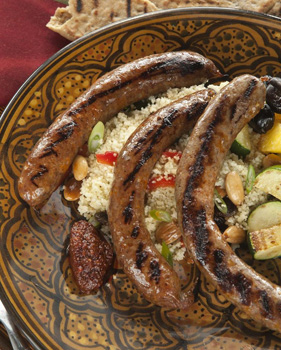 The U.S. renaissance in charcuterie coupled with diners’ love of sausage makes housemade sausages a customer-satisfying, brand-building notion.
The U.S. renaissance in charcuterie coupled with diners’ love of sausage makes housemade sausages a customer-satisfying, brand-building notion.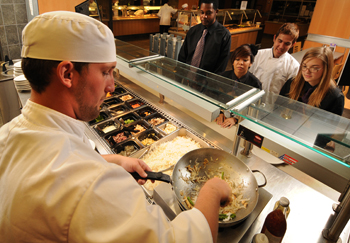 Good news for graduates this year is that foodservice in healthcare and B&I is projected to expand, says Technomic.
Good news for graduates this year is that foodservice in healthcare and B&I is projected to expand, says Technomic. More popular than chocolate and potato chips, snacking occasions bearing fruit are growing.
More popular than chocolate and potato chips, snacking occasions bearing fruit are growing.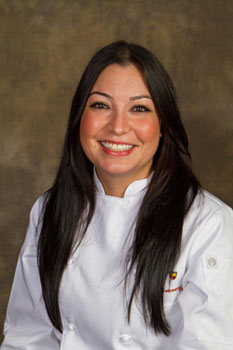 Like the many herbs cultivated for healthy, flavorful dishes and cocktails at the new Seasons 52 in West Los Angeles, executive chef and partner Jessica Koine finds a place to grow.
Like the many herbs cultivated for healthy, flavorful dishes and cocktails at the new Seasons 52 in West Los Angeles, executive chef and partner Jessica Koine finds a place to grow. Assigning students to write a white paper can help them focus on an audience, develop an appropriate voice, learn to make a solid case with evidence and conduct careful research.
Assigning students to write a white paper can help them focus on an audience, develop an appropriate voice, learn to make a solid case with evidence and conduct careful research. S
S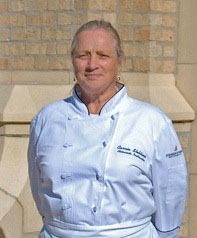 Rotating groups through learning modules keeps students engaged while enhancing their skills development.
Rotating groups through learning modules keeps students engaged while enhancing their skills development. Coors Recycles® teams up with Recyclebank® to reward consumers for their environmental efforts.
Coors Recycles® teams up with Recyclebank® to reward consumers for their environmental efforts.